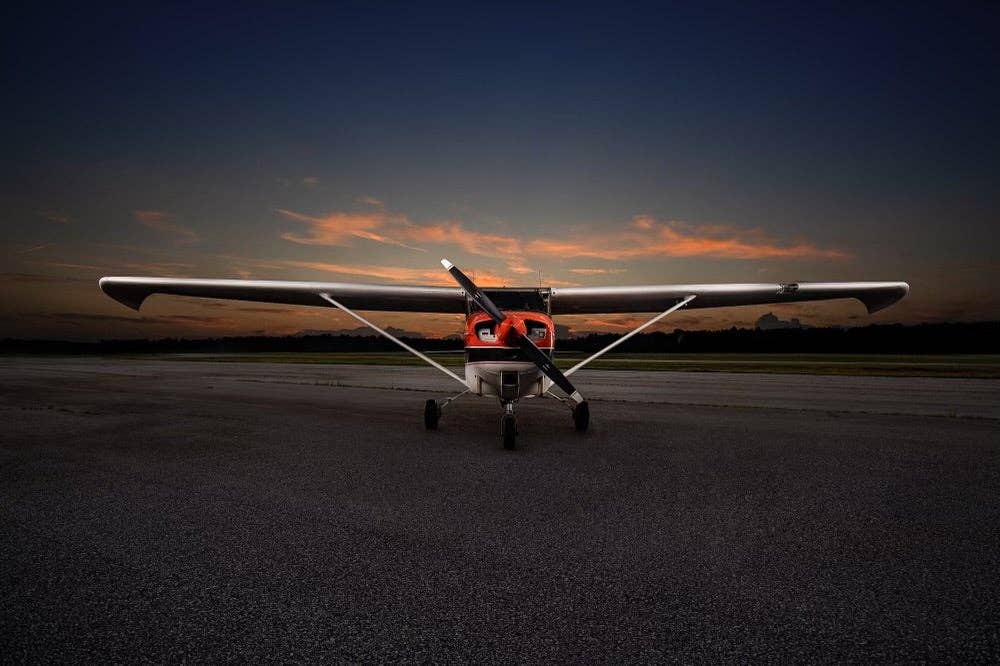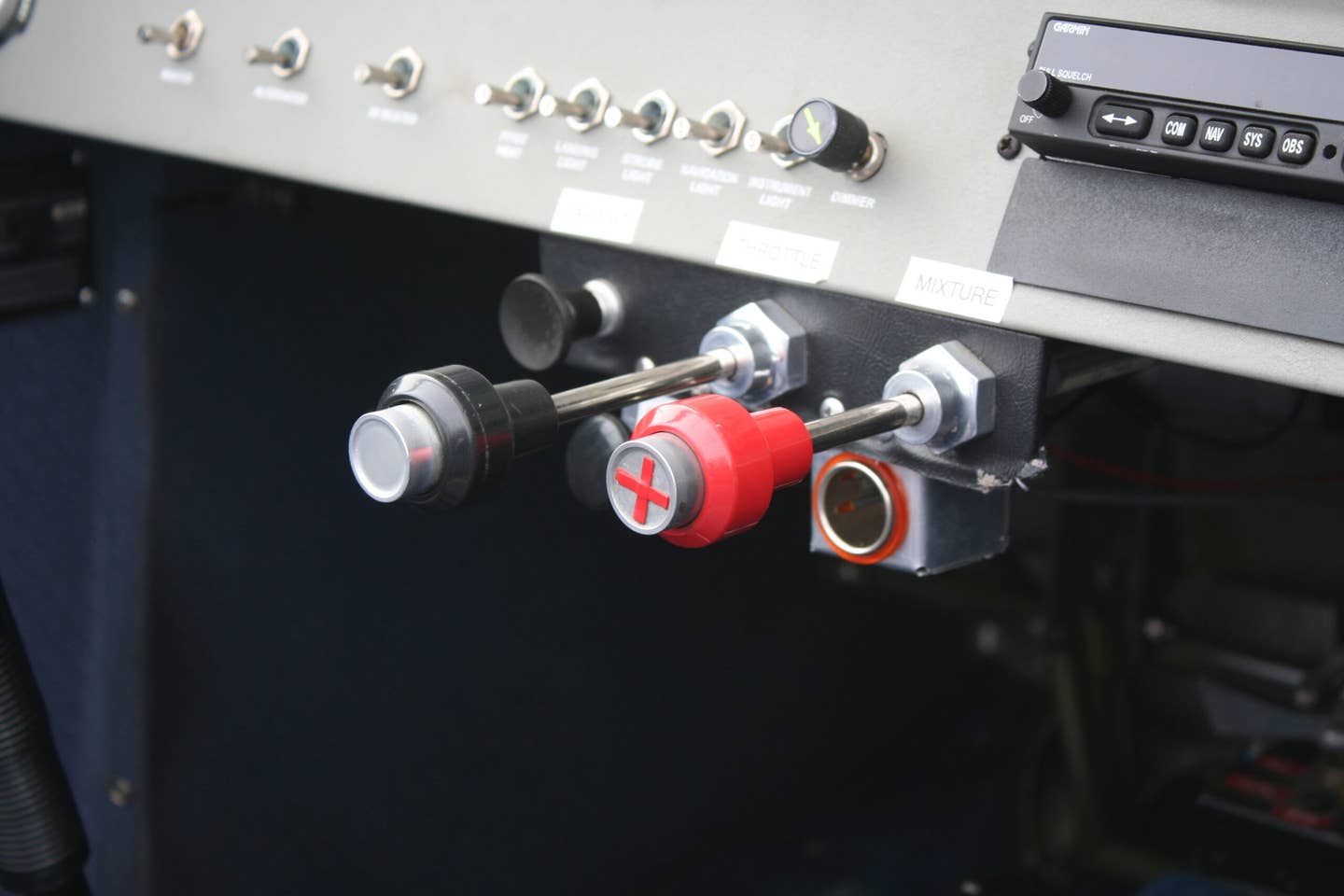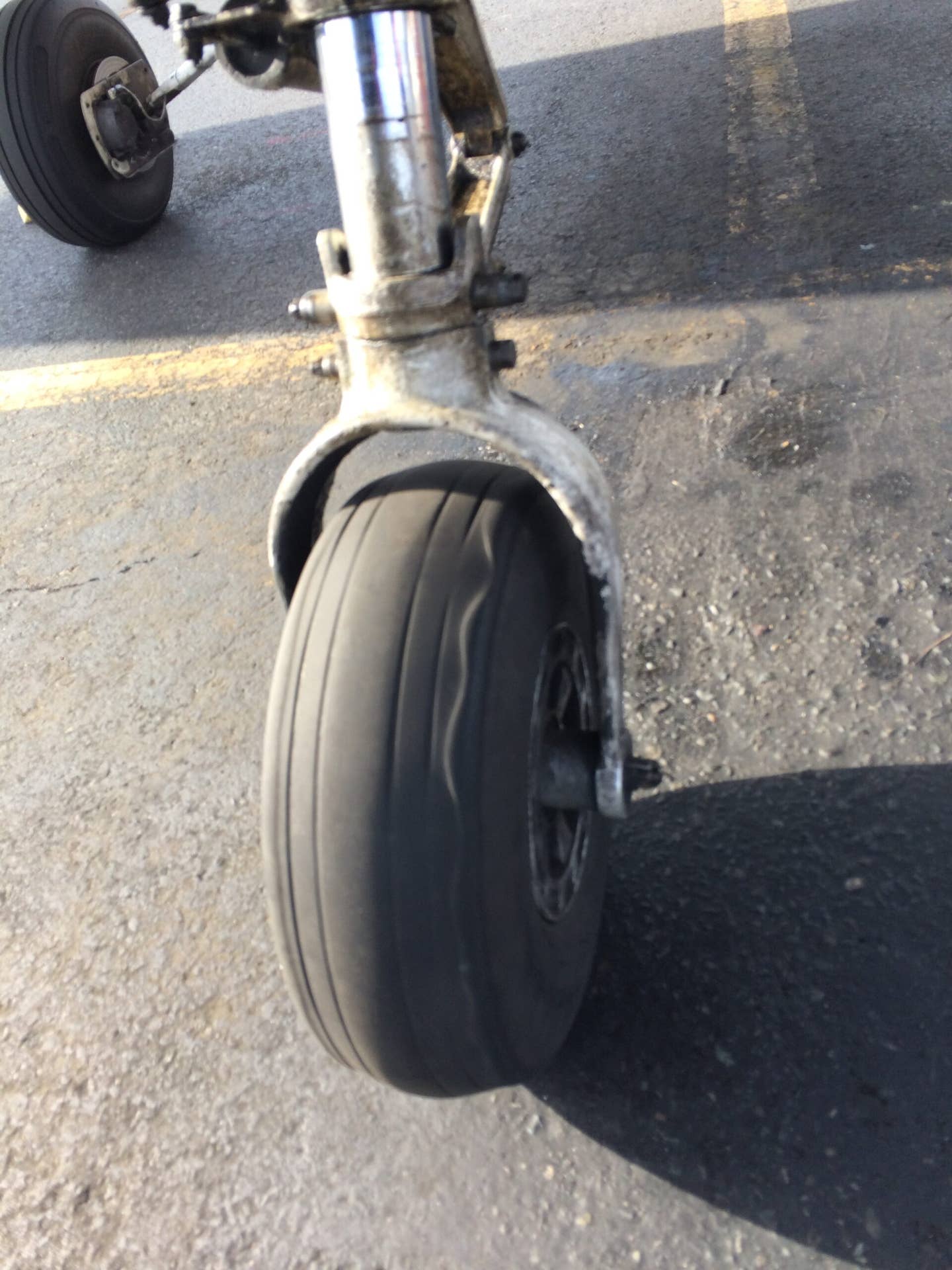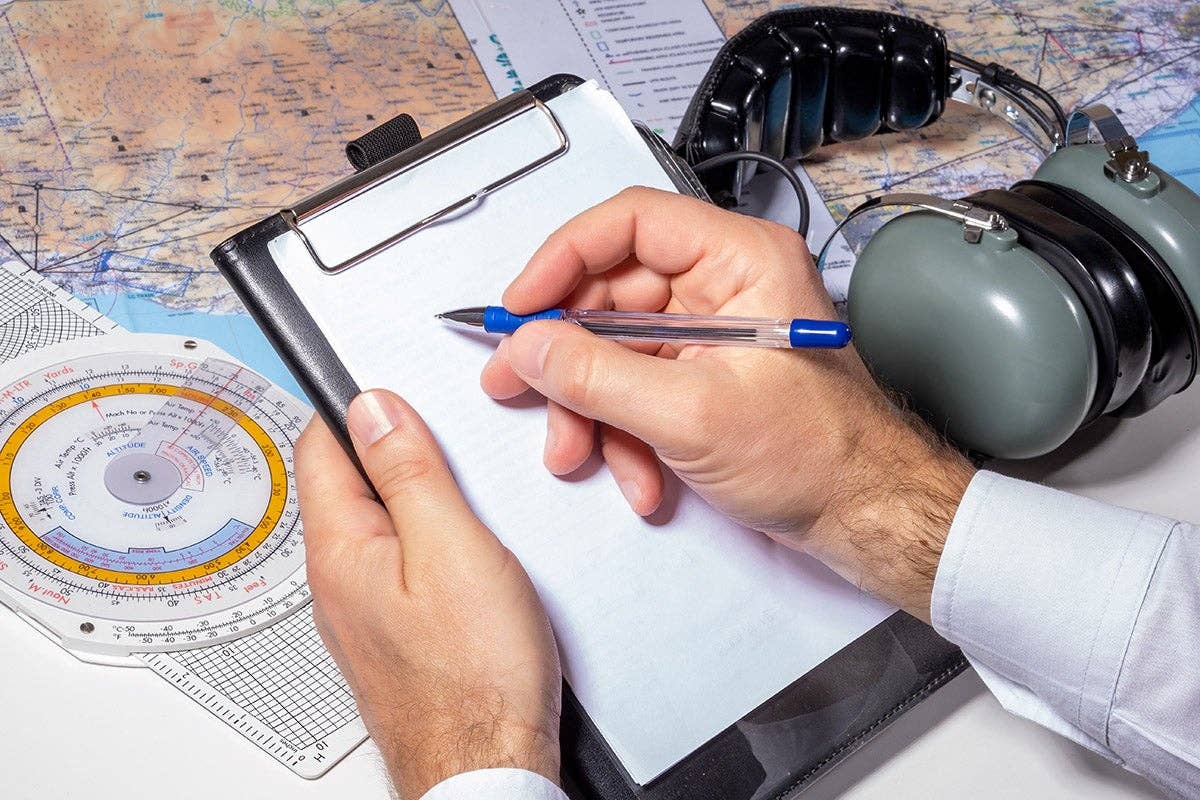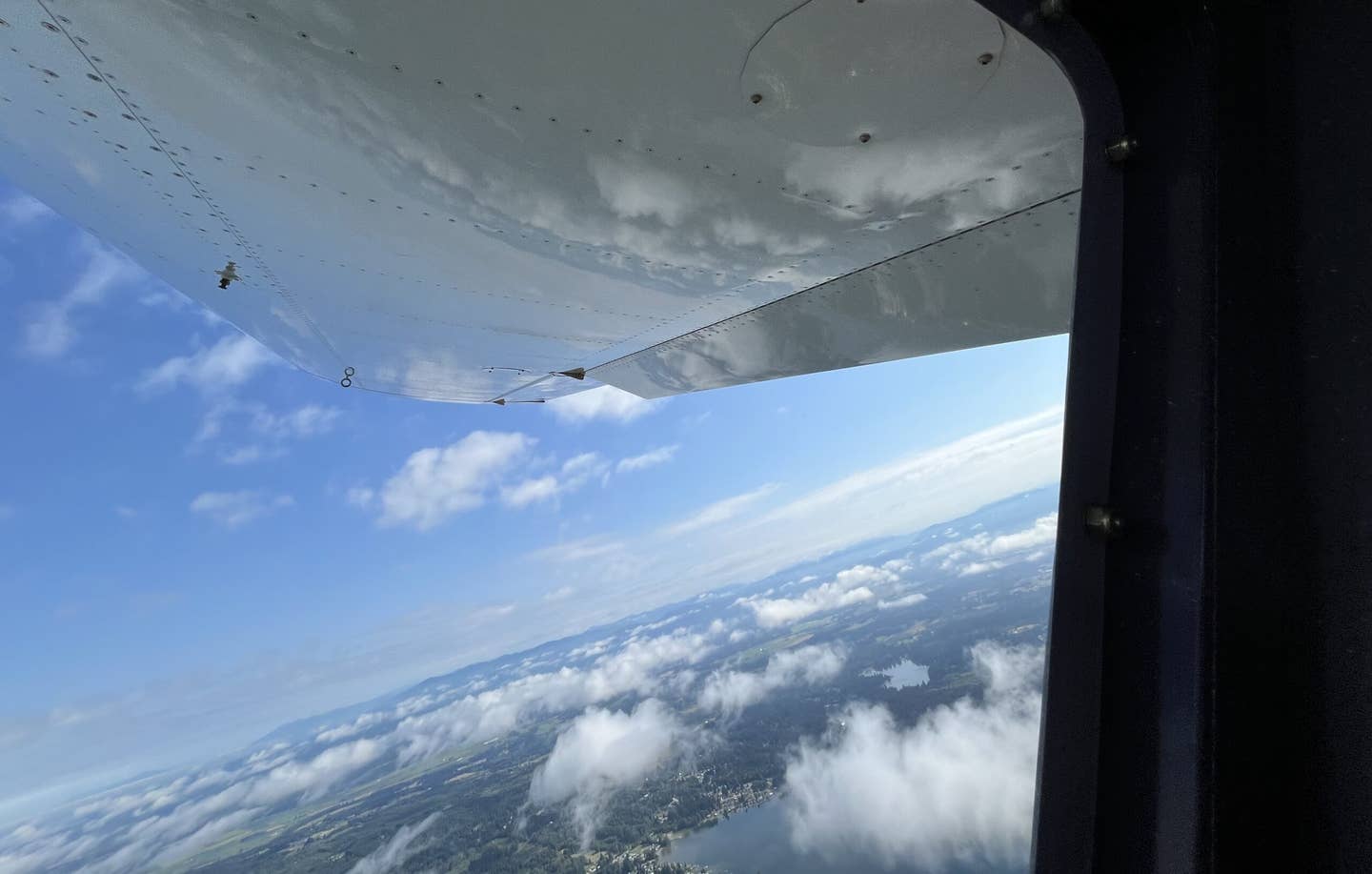Look Past the Moment and Take the Safe Option
When weather or other circumstances force a tough choice, safety should always win over convenience.
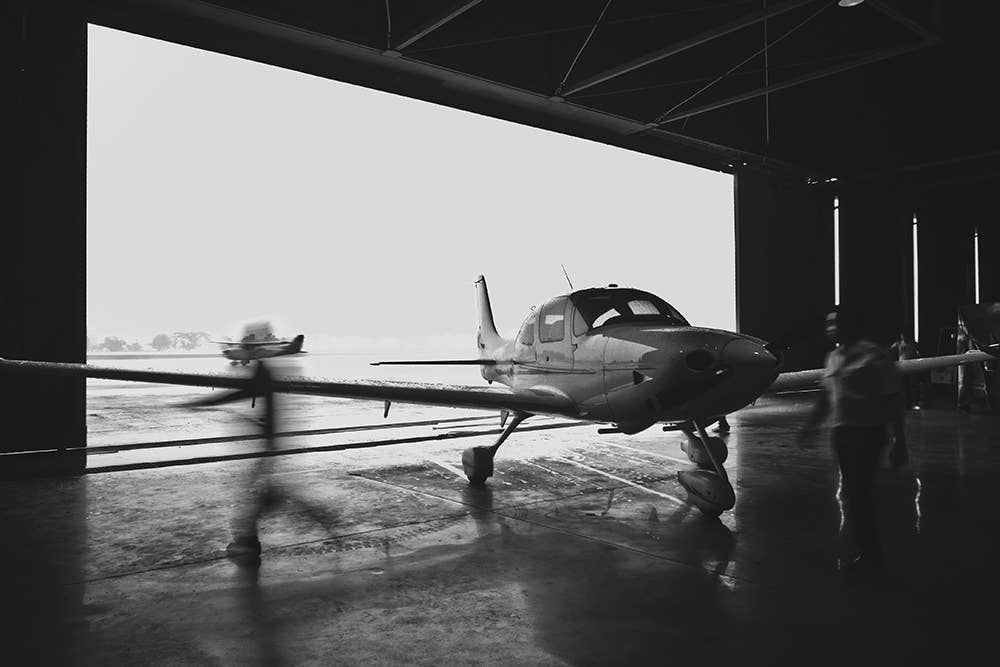
When bad weather strikes unexpectedly, it can call for some tough decisions. [File Photo: Adobe Stock]
It's not a great feeling to be boxed in by rapidly changing weather conditions you didn’t anticipate. There’s a different feeling you get in your gut after you’ve been out in the practice area for some time and when you finally point your airplane toward home, you can't see home.
Unfortunately, I’ve found myself in this position before and was faced with some tough decisions, but there are some lessons I’ve learned that have helped me maintain my safety.
No Real Pressure to Get Home
Many people—probably a larger percent outside of flight training—can find themselves in a position of having to get home. However, by committing to one option, they’ve excluded other safer and temporary diversions.
“Ultimately, the safe outcome of the overall mission will always be more important than some temporary inconvenience.”
In times when I’ve felt like I wouldn’t be able to safely get home because of either low morning fog or afternoon storms, the first principle I’ve embraced is that there's a compulsion to go right home. I admit there are real pressures that cause you to feel that you must land at a particular airport, or a familiarity bias that might goad you to think: “It can’t be that bad, I’ve been here before.”
I’ve found that the most anchoring principle has been to reframe all of your commitments into a broad picture. Ultimately, the safe outcome of the overall mission will always be more important than some temporary inconvenience. While this first step is all a mental process, I’ve found that it remains the most important decision.
Consider All of Your Options
So what are your other options? Hopefully, as you’ve been flying along, you’ve been canvassing the area for surrounding airports and considering if their conditions and amenities will meet your needs.
Admittedly, the quality of your choice will depend on the urgency of your decision, and hopefully, you weren’t completely negligent to only leave yourself with really suboptimal choices. Depending on the time of day, this might mean an overnight, which I know feels like the least desirable option, but when all is said and done, you won’t regret the minor setback.
Pay Attention to Your Fuel, Coordinate with ATC
You should also be paying attention to your fuel status, which will determine how wide your options are. If you are in an area where there are many local airports, chances are you can fly to a nearby field that hasn’t yet been affected by the incoming weather. But this might not be an option if you’re in a remote area. In this case, you might have to hold at a waypoint. This is where coordinating with ATC will be your best choice as well. After all, ATC provides a service to support pilots. By communicating early enough, you will be afforded even broader options beyond your purvey. If you’re in the worst scenario, you can declare an emergency for priority services.
Additionally, consider what other pilots in the area might be doing. There is no shame in asking for help or discussing your options when appropriate.
Finding yourself in this position is never a good feeling. While it will feel tempting to think about what you could've done to prevent it, you will have to make your decisions as they are in front of you. If you can manage to stay calm and not get tunnel vision, you may find many options that can earn you a safe outcome.

Subscribe to Our Newsletter
Get the latest FLYING stories delivered directly to your inbox

